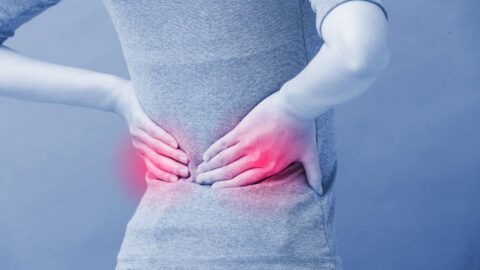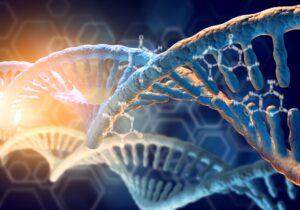PCOS from a Brain and Hormone Perspective
by Vanita Dahia
PCOS, or Polycystic Ovary Syndrome, is a complex condition affecting women of reproductive age. While irregular periods and cysts on the ovaries are common symptoms, the root cause can be a fascinating interplay between the brain and hormones.
The Conductor: The Hypothalamus
Imagine the hypothalamus as the conductor of your hormonal orchestra. It sits deep within the brain, regulating the pituitary gland, which in turn controls various hormone production. In PCOS, this delicate balance can get disrupted. The hypothalamus might send out mixed signals, leading to increased production of gonadotropin-releasing hormone (GnRH).
GnRH and the Androgen Rush
GnRH stimulates the pituitary gland to release follicle-stimulating hormone (FSH) and luteinizing hormone (LH). Ideally, FSH helps follicles mature in the ovaries, and LH triggers ovulation. But in PCOS, the surge in LH might become excessive. This can lead to the overproduction of androgens, a group of male hormones, by the ovaries.
Androgens: The Disruptors
Elevated androgens can disrupt the normal process of ovulation. They can prevent follicles from maturing properly, leading to the formation of cysts. Additionally, androgens can thicken cervical mucus, making it harder for sperm to reach the egg. This hormonal imbalance is a key player in the irregular periods and ovulation issues associated with PCOS.
Understanding the Connection is Key
This brain-hormone connection in PCOS highlights the body’s intricate communication network. While the exact cause of this disruption remains under investigation, this knowledge helps us create treatment plans that target different aspects of the syndrome. Medications can regulate hormone levels, promote ovulation, and manage symptoms.
Decoding PCOS: A Brain-Hormone Connection
Neurotransmitter imbalance can impact the severity of PCOS due to its association with insulin resistance, weight gain, and fertility. These women are 10 times more likely to have a diagnosis of infertility. Women who suffer with PCOS can experience hirsutism, hair loss, weight gain, acne, difficulty getting pregnant and depression.
PCOS sufferers experience:
Irregular periods or no periods
Excess androgen (male sex hormones). Androgen can cause symptoms like excess hair growth (hirsutism) on the face, chest
Acne or oily skin. Androgen can also increase oil production in the skin, leading to acne breakouts.
Weight gain or difficulty losing weight. Insulin resistance, a condition where your cells don’t respond well to insulin, is common in PCOS and can lead to weight gain.
Skin tags. These are small flaps of skin that can appear on the neck, armpits, or under the breasts.
Darkening of the skin around the neck or groin.
Baldness or thinning hair on the scalp.
Testing for PCOS
Testing for PCOS is not only identifying hormone levels but also how estrogens are metabolised, the ratio of androgens to estrogens and the effect of endocrine disrupters on hormone levels.
As PCOS affects mood, consider measuring mental health parameters like neurotransmitters and adrenal hormones.
Educational Webinar
In this webinar, you will learn:
- The metabolic changes of PCOS
- How PCOS affects a woman
- The impact of hormones and neurotransmitters in PCOS
- Management options in PCOS, both conventional and natural




